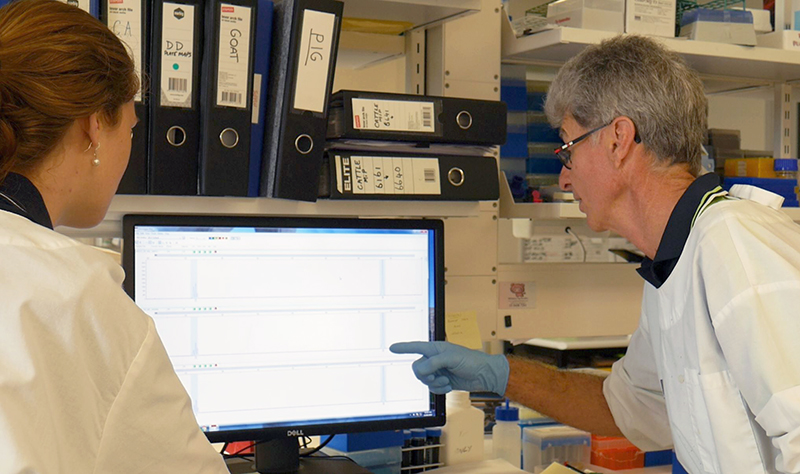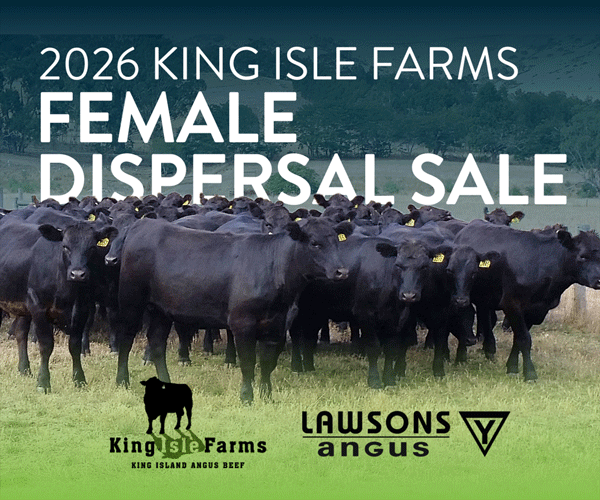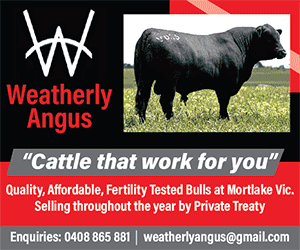
Genetic conditions, or defects caused by DNA abnormalities, are present in all breeds of cattle. These conditions range from poor growth performance, structural unsoundness through to lethal conditions where all affected animals are not born alive.
The status of Angus bulls is routinely reported for several genetic conditions, including: Arthrogryposis Multiplex (AM), Neuropathic Hydrocephalus (NH), Contractural Arachnodactyly (CA) and Developmental Duplications (DD).
The importance placed on the genetic condition status of an animal when selecting bulls for use in a beef breeding program will depend on the genetics of the cow herd in which they will be used (in particular, whether carrier bulls have been used previously and consequently whether some females may be carriers) and whether some female progeny will be retained or sold as breeders.
As a general recommendation, only Angus bulls that have been tested free or calculated to be free of known genetic conditions should be considered for use in commercial beef breeding programs. Seedstock breeders may opt to use carrier bulls and undertake a genomic testing program of the resultant progeny to identify those that are free of the genetic condition.
Irrespective of the breed, it is high risk to use bulls with an unknown status for genetic conditions.






